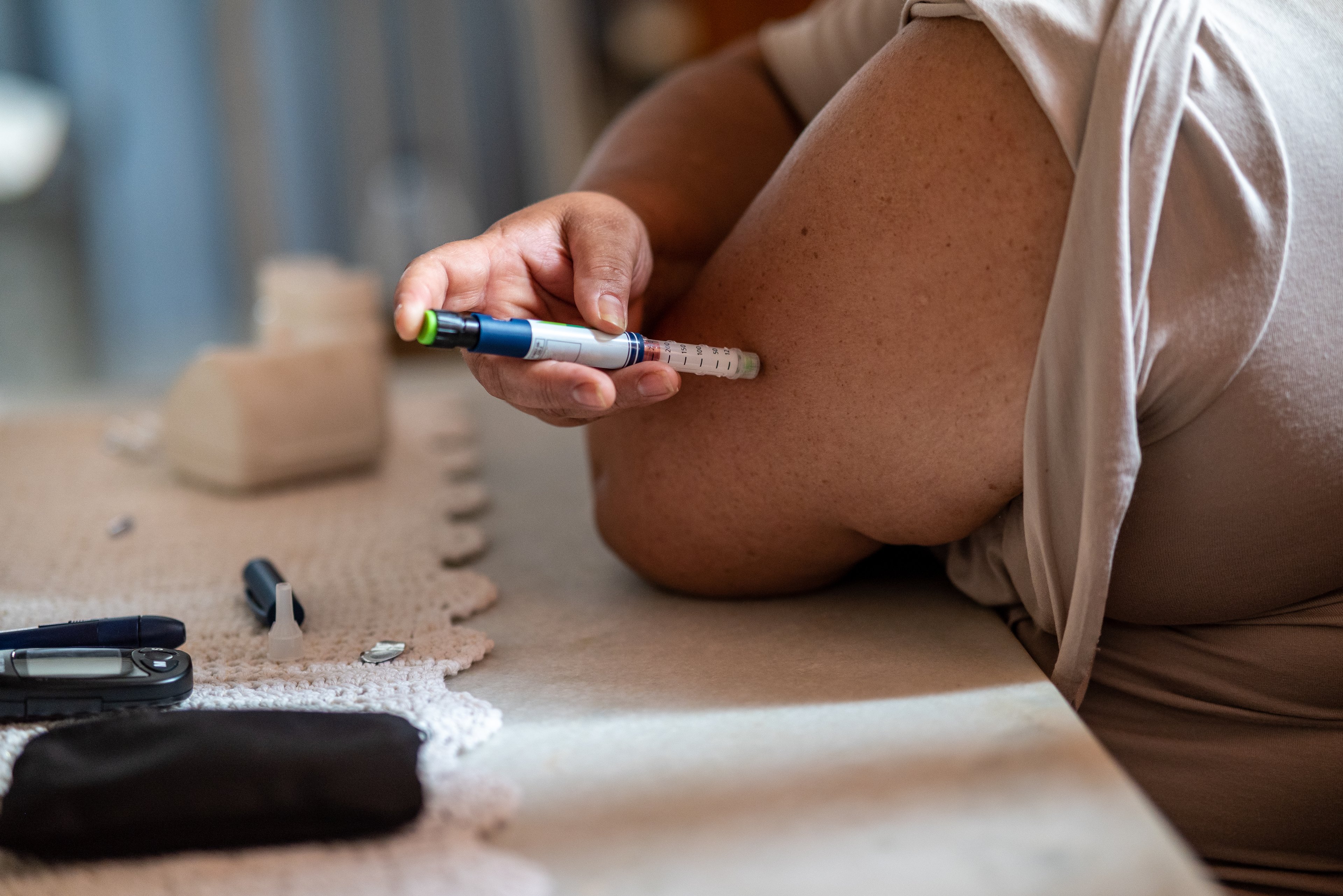Investing in any kind of stock can be risky. But investing in clinical-stage biotech stocks can be extraordinarily risky. In this Motley Fool Live video, recorded on March 31, 2021, Motley Fool contributors Keith Speights and Brian Orelli discuss three critical things investors should look for before buying clinical-stage biotech stocks.
Keith Speights: There is some news from last week that you and I didn't get a chance to talk about. This is the kind of news that normally you would just overlook. But there was a small, very small clinical-stage biotech, Odonate Therapeutics (ODT 71.60%) -- the company announced that it was discontinuing development of its lead candidate, after meeting with the FDA lead it to conclude the drug just wasn't going to win approval.
But what's really striking about this particular situation is that Odonate also said it's going to shut down the company altogether. And so in my view, this served as a big reminder for investors about the risks of buying clinical-stage biotech stocks, especially those with only one pipeline candidate like Odonate had.
Brian, for investors who want to buy clinical-stage biotech stocks, what are critical things they should look for to avoid this kind of situation where a company just totally goes out of business?
Brian Orelli: This is an aside, I love this move -- I mean, obviously not for Odonate shareholders, that's obviously horrible for them -- but there's a lot of times the small biotech companies will try to milk whatever they can out of the data and trying to raise more money and that's not fair to shareholders. So shutting down, trying to get as much of the capital out of the company as possible is ultimately the best news for the shareholders, even though they obviously had this clinical issue with their remaining stock.
In terms of lessons, I think the first is to invest in companies with multiple shots on goal. I am a big fan of Ionis Pharmaceuticals (IONS 2.78%). It went down 20% earlier this last week, or maybe the week before, on an apparent phase III failure in Huntington's disease. But the company still has five phase III programs and something like 25 phase II programs. I'm a shareholder and the decline was certainly painful, but I'm not worried about the company shutting down.
The other issue here is to make sure companies have enough capital to get them through to the next binary event, or maybe even two binary events. Having a partner can certainly help with sharing the cost and the risks. An example there would be like CRISPR Therapeutics (CRSP +1.59%). They're partnered with Vertex Pharmaceuticals (VRTX 1.28%). They're partnered obviously on a CRISPR lead asset for beta-thalassemia and sickle cell. But they also have three other research stage programs that they are working on together.
Then finally, just keep your investments to a small percentage of your portfolio. Don't let any one biotech, especially one biotech with only one drug, become a large percentage of your portfolio because this can certainly -- you're taking on a lot of risks that way.









